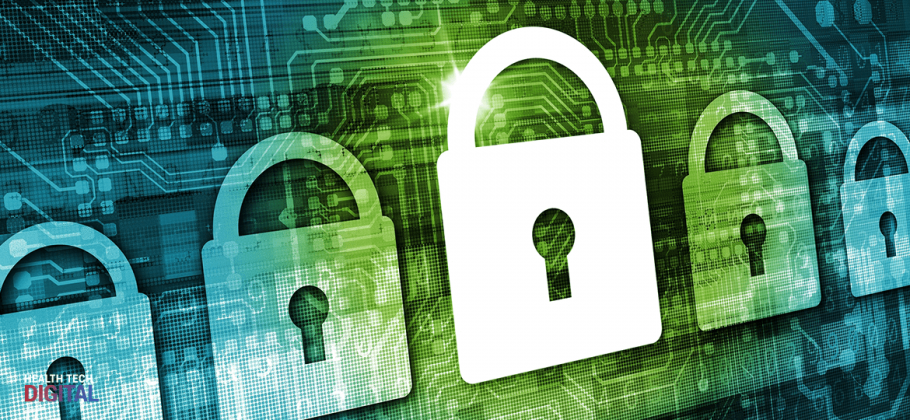The increase in technology in the health and care sector has the potential to revolutionise the industry. The Health and Social Care Secretary believes that with a technology focus, the UK has a chance to be the most advanced health and social care system in the world. However, with an increase in technology, there are security concerns and many people have raised the concern that cybersecurity needs to be a key focus for healthcare.
Technology in healthcare is helping to provide real-time access to medical records, expanding treatment options with a range of new devices and tracking vitals with monitoring systems. However, with the increase in technology, the risk of technology failures and security breaches rises too.
The WannaCry Attack
In 2017, the threat to the security of the healthcare system was evident through the WannaCry attack. The cyber attack led to 19,000 appointments being cancelled as well as disruption to a third of NHS trusts in England. To increase the use of technology in healthcare, there must be adequate cybersecurity protection.
Much of the technology in healthcare is being used to transmit highly sensitive data. If this data is intercepted and tampered with it could lead to damaging consequences. For example, St Jude Medical is facing lawsuits because their implantable pacemakers and defibrillators could suffer from hacking. Potentially a hacker could have the power to stop someone’s heart. In the healthcare sector, the repercussions could be life-threatening and even prove to be fatal. Furthermore, it could ruin the progress of technology and lead to severe reputational damage.
Technology Encryption
One of the necessities for healthcare technology is to ensure each machine has its own identity. As well as having their own identity, these devices can also talk to each other through their own encrypted channels, without concern that anyone is listening, or providing false instructions. Unfortunately, there is a risk that these machine identities could be stolen or forged.
Despite 79% of healthcare professionals being concerned about cybersecurity, many people overlook the requirement of protecting machine identities. By tracking and monitoring machine identities, it can help security experts to take swift action to identify devices that may be compromised. It is essential for healthcare providers who are embracing the technology to be able to identify, monitor, control and replace machine identities to prevent and lessen the risk of malicious attacks.
Policy First
To ensure this level of security, it is possible to automate the function of identifying and managing device and machine identities. However, it is a primary concern that healthcare professionals firstly have a robust cybersecurity policy in place in order to embrace technology while protecting the privacy and safety of patients.













